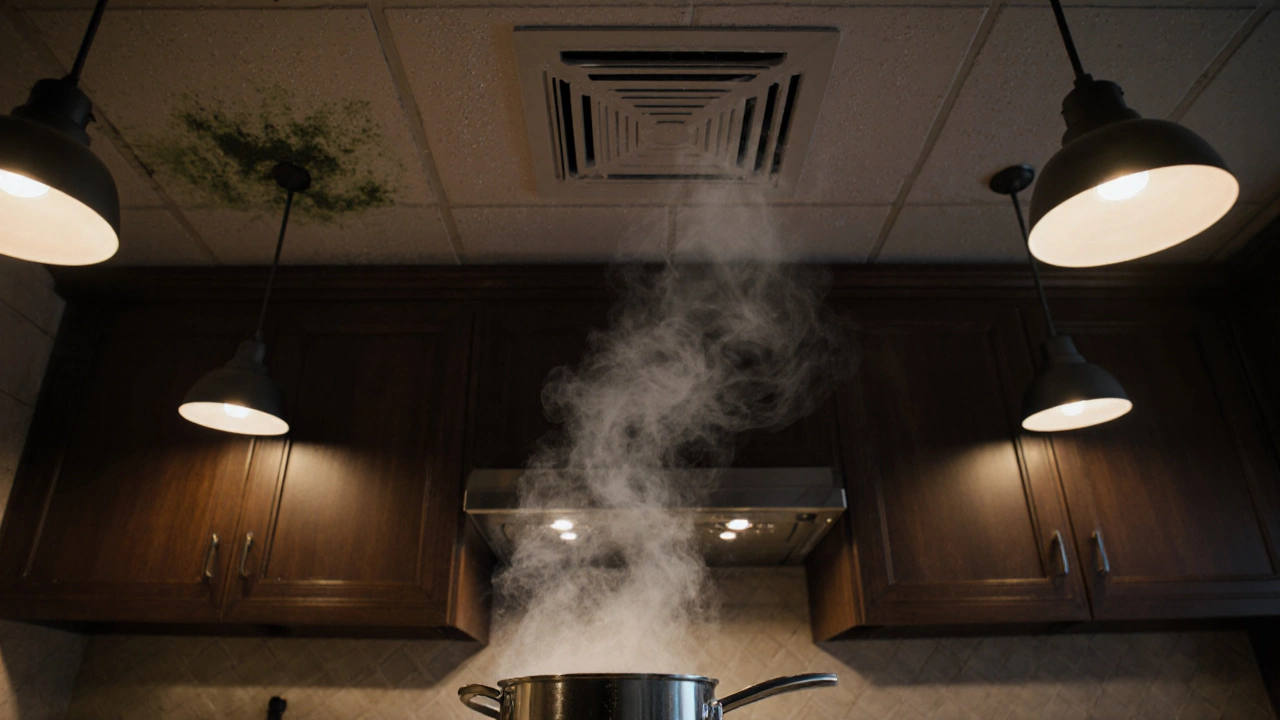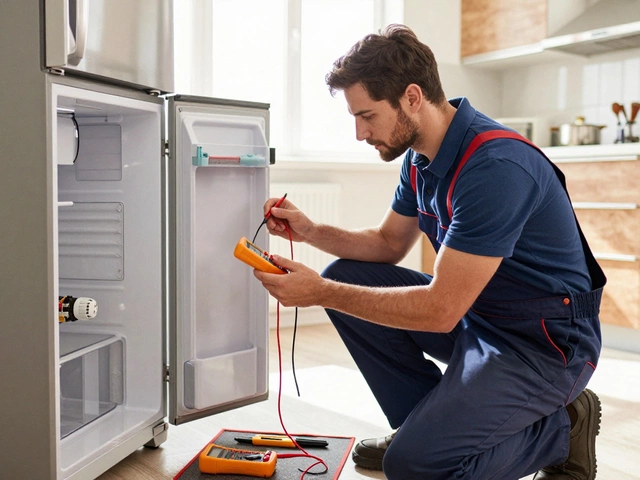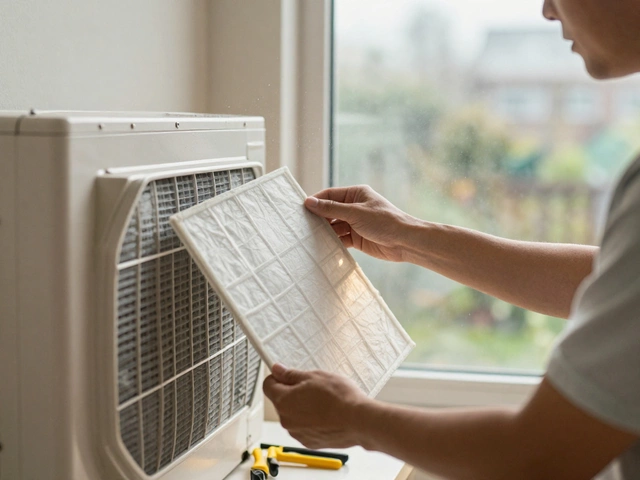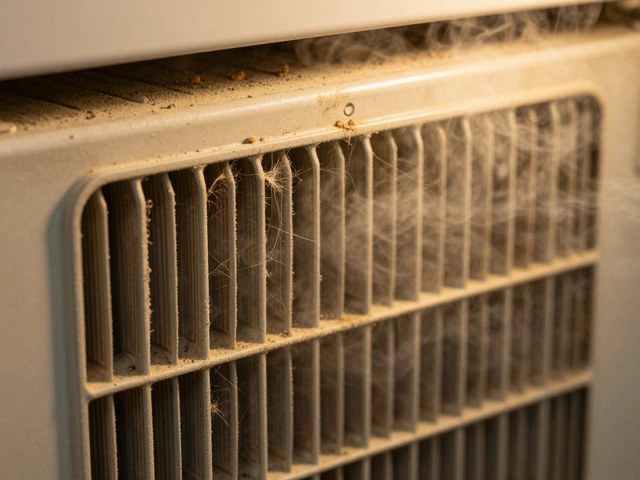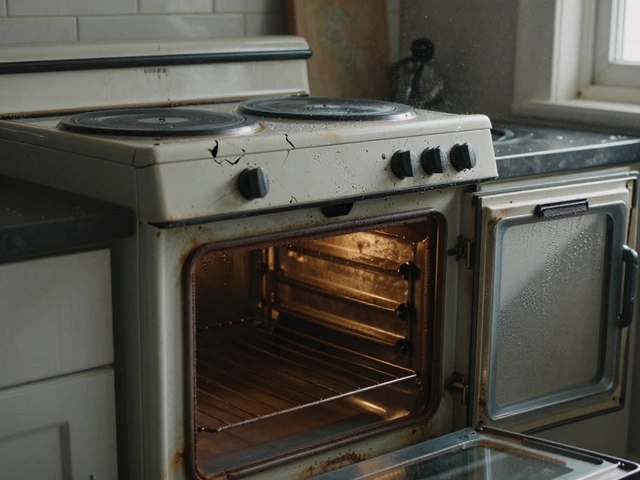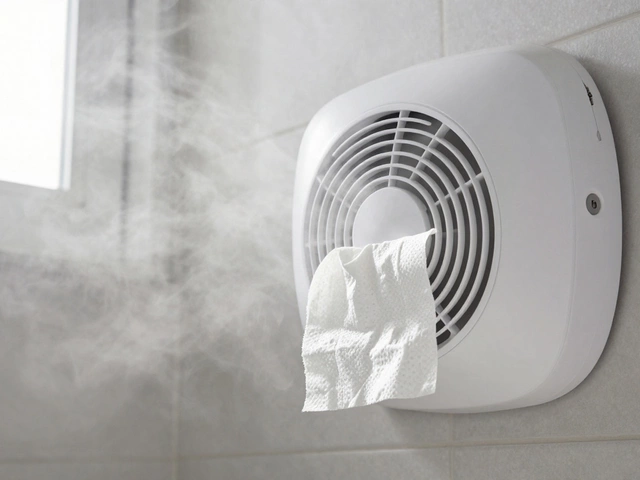Indoor Air Quality
When you think about indoor air quality, the health and comfort level of the air inside homes and workplaces. Also known as IAQ, it depends on factors like ventilation, humidity and filtration. Good ventilation, the process of bringing fresh outdoor air inside while exhausting stale air is the first line of defense against pollutants, mold spores, and stale odors. When ventilation is balanced, it reduces the buildup of carbon dioxide and volatile organic compounds, which directly influences indoor air quality. Equally important is humidity control, keeping indoor moisture levels between 30% and 60%. Too much humidity fuels mold growth and dust mites; too little dries out mucous membranes and can increase airborne static. Adding air filters, devices that capture particles like pollen, pet dander and fine dust to your HVAC or standalone purifiers captures these irritants before they circulate, giving a noticeable boost to IAQ. Finally, a well‑maintained HVAC system, the heating, ventilation and air‑conditioning network that moves and treats indoor air acts as the backbone that ties ventilation, humidity and filtration together; regular filter changes and coil cleaning keep it running efficiently and prevent hidden sources of contamination.
Understanding how these pieces fit lets you troubleshoot problems before they become costly repairs. For example, if you notice a lingering musty smell, start by checking your ventilation paths—dirty ducts or blocked vents can trap moisture, creating the perfect environment for mold. If your home feels dry in winter, a humidifier or a simple bowl of water near a heat source can raise humidity to a healthier level. When filters look clogged or you hear a whirring noise from the furnace, swapping the filter or cleaning the blower motor can restore airflow and improve overall air quality. These quick checks are often enough to keep IAQ at a comfortable level, but sometimes deeper issues pop up, like a failing thermostat that stops humidity control or a cracked duct that leaks pollutants from the attic. Knowing when to call a professional—especially for HVAC coil cleaning, duct sealing or advanced sensor calibration—prevents small annoyances from turning into major health concerns.
Below you’ll find practical guides that walk you through filter replacements, humidity tweaks, ventilation fixes and HVAC maintenance tips, all aimed at helping you keep indoor air quality in peak condition.
What Happens When You Skip an Extractor Fan? Risks and Fixes
- Alden Wilder
- Oct 25 2025
- 0 Comments
Skipping an extractor fan leads to mold, odors, higher energy bills, and possible code violations. Learn the risks, health impacts, and practical fixes for a healthier kitchen.
View More